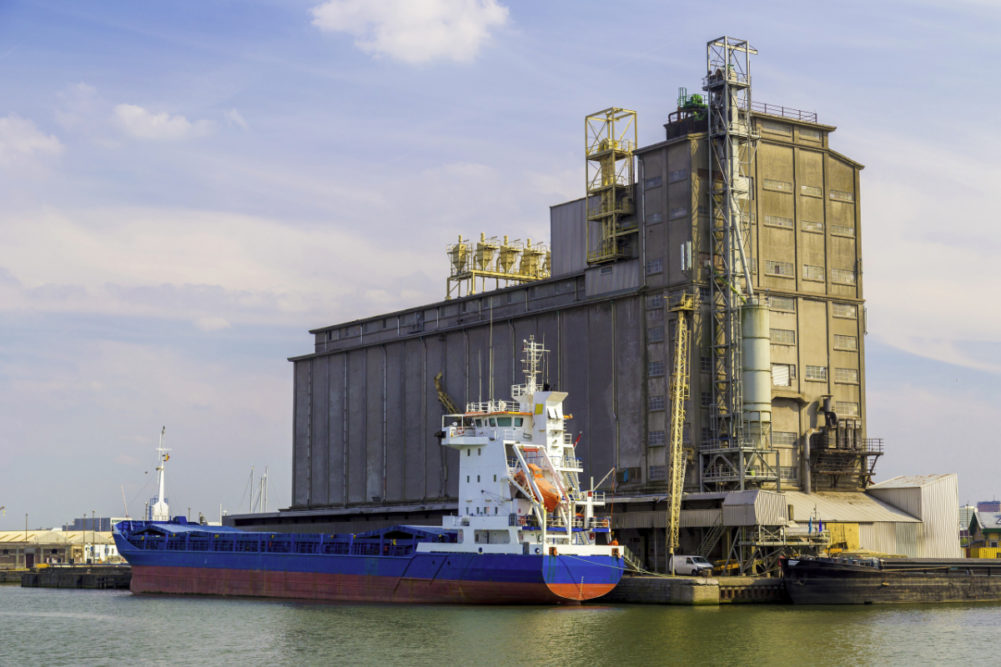WASHINGTON, DC, US — The US House of Representatives unanimously passed the Water Resources Development Act (WDRA), H.R. 7575, to improve US water infrastructure.
According to the subcommittee on water resources and environment, 80% of traded goods that the United States utilizes are moved through ports, harbors and inland waterways
The WDRA allows the US Army Corps of engineers to implement water resources development projects. It also helps focus on strengthening US water transportation with additional funds and investments. US Congress has enacted three consecutive WRDAs in 2014, 2016, and 2018.
The National Grain and Feed Association (NGFA) commended the passage of WDRA as it supports an increase in the federal share of the funding for inland waterways projects and full use of the Harbor Maintenance Trust Fund (HMTF).
“To maintain American agriculture’s competitive transportation advantage against other countries, stakeholders must relentlessly make the case for continued investment in US waterways infrastructure,” said Bobby Frederick, vice president of legislative affairs and public policy for the NGFA. “Today’s bipartisan vote in the House brings Congress one step closer to achieving new WRDA legislation in 2020.
“NGFA will continue to work with both the House and Senate in an effort to ensure these policy wins for inland waterways and ports are reflected in the final agreement. An efficient waterborne transportation system is crucial for growing the American economy and job creation and is vitally important to US agricultural exports and their positive contribution to the US balance of trade.”
If enacted, the WDRA would expedite completion of inland waterways projects by changing the cost-share formula from the current 50% general revenue and 50% Inland Waterways Trust Fund (IWTF) funding to 65% general revenue and 35% IWTF. The trust fund consists of revenues generated by barge fuel taxes assessed against commercial users of the inland waterways.
“It is well known that the majority of the nation’s locks and dams have outlived their 50-year design life and changing the cost-share is one prudent way to address this problem and bring US waterways infrastructure into the 21st century more quickly,” Frederick said.
The Senate’s legislation also includes the same change in the cost-share amount and contains a provision that would make the cost-share change permanent instead of expiring in fiscal year 2027, as the House bill stipulates.
WDRA also would allow the appropriation of additional funds for harbor maintenance from the existing balance in the HTMF. According to the subcommittee on water resources and environment, the current estimate of the balance in the trust fund is about $10 billion.
“Allowing full use of the (HMTF) for its intended purpose would correct the fiscal disservice to those that pay the 0.125% ad valorem tax based upon the value of cargo imports and would help restore the United States’ comparative transportation advantage,” Frederick said.






